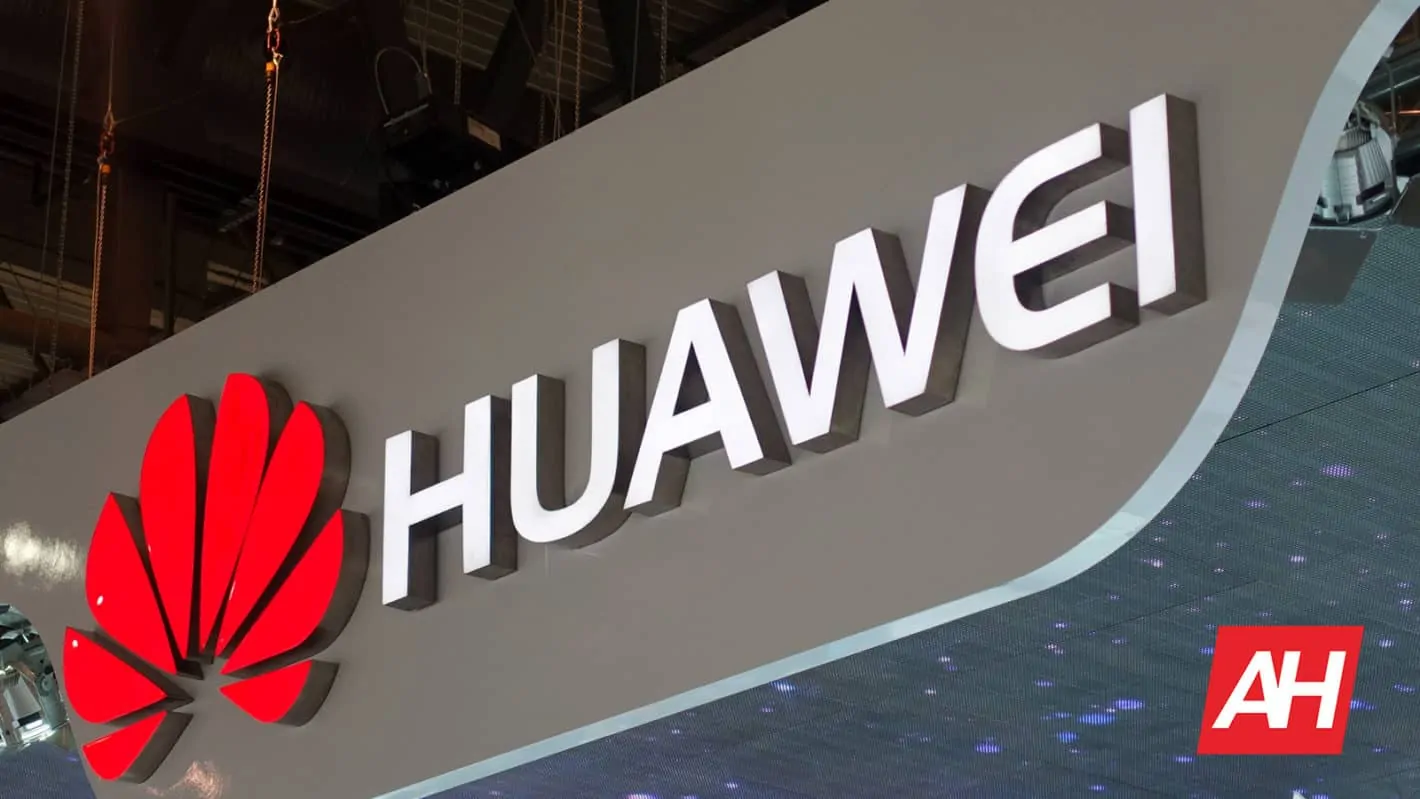Huawei Chief Financial Officer Meng Wanzhou who was arrested by Canadian authorities on December 1 after the United States Department of Justice accused her of an illegal banking scheme devised to circumvent trade sanctions imposed on Iran is now being linked to two Middle Eastern front companies as the scandal surrounding her arrest grows in scope and the amount of controversy generated on the world stage. The 46-year-old is alleged to have personally nurtured and concealed Huawei’s ties to Mauritius, East Africa-based Canicula Holdings Ltd and Skycom Tech Co Ltd, a Hong Kong firm with an affiliate in Tehran, Iran, misleading banks into believing the two firms are unaffiliated with Huawei despite being de facto satellites of the Chinese technology juggernaut.
A lot of smoke and smoke denying
A Reuters investigation now provided new evidence to suggest the two shells are far from independent, revealing how a number of Huawei officials previously held positions at the entities in question, whereas three Chinese individuals represented both the Shenzhen-based firm and Skycom in dealings with Iranian banks. An attorney statement discovered as part of the probe also alleges Huawei previously used Canicula as a vehicle for doing business in Syria. The world’s largest telecom hardware manufacturer remains adamant it doesn’t control the companies in question and is still insisting it has no evidence of any wrongdoing on Ms. Meng’s part. None of the involved parties, including the DOJ, were willing to comment on the new findings, presumably as the legal battle for Ms. Meng’s extradition is still ongoing. The daughter of Huawei founder Ren Zhengfei has been released on bail equivalent to approximately $7.5 million on December 11 and is still in Vancouver fighting the DOJ’s extradition request. China’s communist government not only called the move illegal and malicious but publicly accused Canada of being a U.S. puppet and getting involved in what it perceives is a purely political power play. That criticism is largely based on President Trump’s recent remarks about how he would be willing to step in and intervene in Ms. Meng’s case if he thought doing so would provide the U.S. with extra leverage in its ongoing trade negotiations with China. The Far Eastern country interpreted the controversial comments as proof that the stateside judicial system isn’t independent and is being abused by the executive branch of the federal government with the goal of furthering its agenda.
The worst-kept legal secret in tech
While the DOJ’s case against Huawei’s CFO has yet to be fully publicized and it’s presently unclear when that might happen given how Ms. Meng previously won a publication ban and crippled the media’s ability to request and relay information about the ordeal, numerous coinciding reports already shed a lot of light over the allegations she’s now facing. According to several sources, the DOJ believes Huawei used Skycom as a secretive front for selling telecom infrastructure in Iran, thus directly violating the Commerce Department trade embargoes placed on the country, in addition to actively working to hide that fact from banks and other institutions that were likely to report it for its alleged transgressions. The illegal banking scheme supposedly saw Huawei transfer hundreds of millions of dollars out of the country over an unspecified period, according to the latest report on the matter. While the ordeal could easily see the company hit with crippling sanctions akin to the ones that almost put ZTE out of business last year, the DOJ is presently focused on making Ms. Meng face justice in a U.S. courtroom because she’s personally implicated in the alleged transgressions. And even though the outcome of her case has a direct impact on any potential punishment Huawei could be hit with moving forward, it doesn’t guarantee it in any shape or form as much could depend on whether U.S. prosecutors can prove other senior officials were involved or had knowledge of the affair as well. Still, that’s precisely what the newly reported investigation alleges.
Deep down the Middle Eastern rabbit hole
The Huawei-Skycom connection goes back to at least 2007, though the Hong Kong firm could have been established independently before falling under the control of China’s largest private employer in the wireless sector after getting involved with it across a variety of markets. Previous reports suggested Skycom even offered to sell HP electronics on behalf to Huawei to MCI, the largest wireless carrier in Iran. Furthermore, Ms. Meng served on Skycom’s board of directors over a 14-month period ending in April of 2009, sources previously claimed, prompting internal probes in the banking sector. Those investigations prompted numerous company officials to lie to financial institutions, claiming Huawei sold its stake in Skycom the year Ms. Meng stepped down from its board. Skycom was liquidated in June of 2017 as part of a process that saw Canicula receive approximately $132,000, according to the same source. The previously unreported involvement of Canicula in Huawei’s global operations is significant in the context of a lengthy Washington-sanctioned investigation of the Chinese firm’s dealings in Syria, specifically looking for potential violations of trade controls imposed on the Middle Eastern country. Canicula did business in Syria until October of 2017, having specialized in ATM installations. No reasons were attached to its previously publicized decision to shutter its operations in the country. One of its partners in Syria was MTN Syria, a network operator controlled by South Africa-based MTN which one insider claims even advised Huawei on the shell structure of Skycom’s Iran offices, describing Canicula as nothing short than just another shell entity.
… and it’s about to get worse
Ms. Meng is facing up to 30 years in prison over allegations of fraud and other reported charges against her, assuming she’s extradited to the U.S. Her current predicament is just the latest in a long string of deeply concerning episodes that saw Huawei face significant scrutiny in the West and signals the company’s expansion ambitions aren’t likely to move beyond Europe anytime soon, at least not on any significant scale. Between Washington’s ongoing trade conflict with China, the White House’s reported mulling of a ban on the use of Huawei‘s telecom equipment in the U.S., and the newly emerged issues concerning its CFO, the company appears to be in for a rough 2019, regardless of how innovative its upcoming consumer products such as Android smartphones and laptops end up being.

